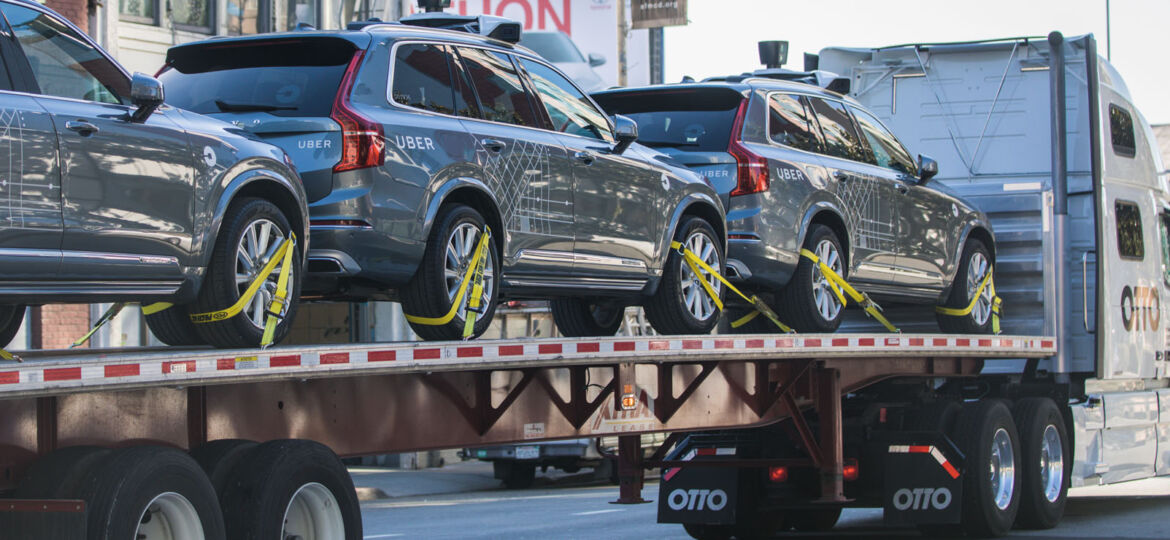
WHY THIS MATTERS IN BRIEF
- Regulators often get in the way – sometimes rightly – of the testing and adoption of new technologies but companies often find a way round them
Silicon Valley is known as the home of tech innovation so it’s no surprise Uber chose San Francisco as the test site for their ride sharing app back in 2011 but now it looks like the Golden State wants to tangle their future research in red tape. And now one states loss is another state’s gain.
Uber began testing a fleet of 16 self driving Volvo SUVs in San Francisco earlier this month. A week later, California’s Department of Motor Vehicles (DMV) revoked all 16 registrations, insisting that a special permit was required and that Uber must publicly report statistics from their R&D program. Not wanting to invest millions in research to benefit their competitors, Uber sought out a different state. And they found one – Arizona.
“California may not want you, but we do,” said Arizona Governor Doug Ducey. So, on Thursday, the company shipped all their self-driving vehicles to the state capitol in Phoenix to be met personally by Ducey in a public celebration.
“Arizona welcomes Uber self-driving cars with open arms and wide open roads,” said Ducey, “while California puts the brakes on innovation and change with more bureaucracy and more regulation, Arizona is paving the way for new technology and new businesses. In 2015, I signed an executive order supporting the testing and operation of self-driving cars in Arizona with an emphasis on innovation, economic growth, and most importantly, public safety. This is about economic development, but it’s also about changing the way we live and work. Arizona is proud to be open for business.”
This is far from the first time a business has fled California’s “suffocating” regulatory climate. Arizona has gained 83 companies and more than 12,000 jobs due to California’s meddling bureaucracy, including investments by Google, Lucid Motors, and McKesson Corporation. Add in Texas, Nevada, and other red states, and you have an Atlas Shrugged-style exodus.
California’s losses and the rest of the southwest’s gains show what happens when government gets out of the way — and what happens when it doesn’t.

















[…] whether the car was carrying passengers. Uber’s self-driving cars began picking up customers in Arizona last month after the ride sharing company fled San Francisco when the Californian DMV revoked their […]
[…] has suspended its entire driverless car program, which affects its trials in Arizona , after the company bailed on San Francisco after two of it’s self-driving cars ran red […]